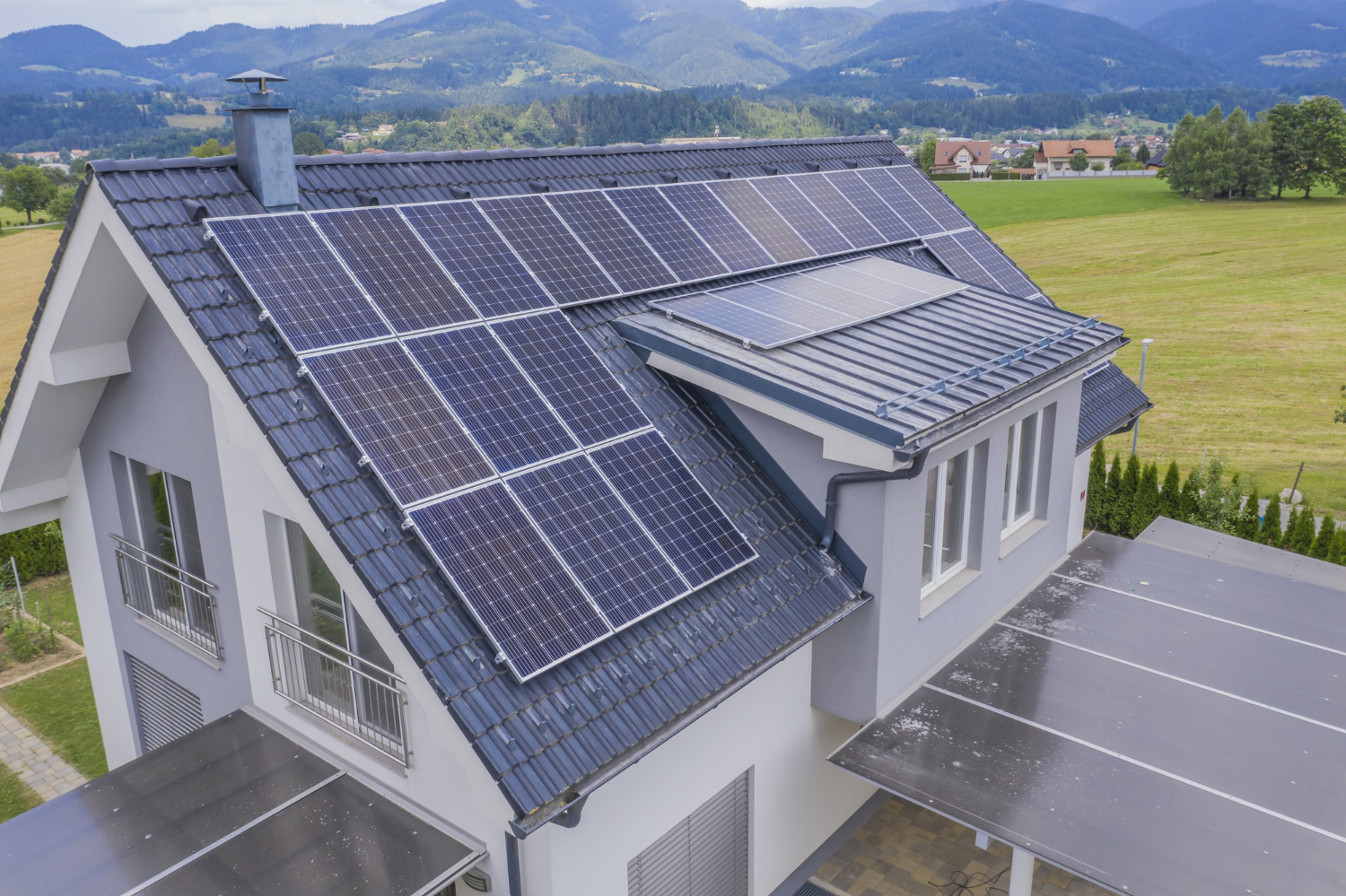In an era characterized by climate change and a growing need for sustainable energy sources, harnessing solar power has emerged as a promising solution. Solar power offers an environmentally friendly and cost-effective way to meet our energy needs.
From home solar systems to solar water heaters, this article explores the diverse applications of solar energy and how they are making a significant impact on our lives.
The Rise of Solar Power
A Sustainable Solution
Solar power, harnessed from the sun’s abundant and renewable energy, has gained immense popularity in recent years. Unlike fossil fuels, solar energy produces no greenhouse gas emissions, making it a clean and sustainable alternative. As concerns about climate change intensify, solar power has become a key player in the transition to a greener future.
Home Solar Systems
One of the most accessible ways to harness solar power is through
solar systems for home. These systems consist of photovoltaic (PV) panels installed on rooftops or in open spaces to capture sunlight and convert it into electricity. Here’s how they work:
1. Solar Panels
Solar panels, made of silicon cells, are the heart of a home solar system. When sunlight hits these panels, they generate direct current (DC) electricity through the photovoltaic effect.
2. Inverters
To power our homes and appliances, the DC electricity produced by solar panels must be converted into alternating current (AC) electricity. Inverters perform this vital function.
3. Net Metering
Excess electricity generated by home solar systems can be fed back into the grid. Net metering allows homeowners to receive credit for the surplus energy, reducing their electricity bills further.
4. Battery Storage
Storing excess energy in batteries provides homeowners with a reliable power source during cloudy days or at night when the sun isn’t shining.
Benefits of Home Solar Systems
- Reduced Energy Bills: Homeowners can significantly lower their electricity bills by generating their own solar power.
- Environmental Impact: Using solar energy reduces the carbon footprint and helps combat climate change.
- Energy Independence: Solar panels grant homeowners greater energy independence, reducing their reliance on traditional power sources.
Solar Water Heaters
A Sustainable Solution for Hot Water
Solar water heaters are another innovative application of solar energy, providing a sustainable solution for heating water. These systems utilize the sun’s heat to warm water for various household needs, including bathing, washing dishes, and space heating.
Types of Solar Water Heaters
There are two primary types of solar water heaters:
1. Active Solar Water Heaters
Active solar water heaters use pumps and controls to circulate water through solar collectors and into a storage tank. There are two subtypes:
- Direct Circulation Systems: In warm climates, these systems circulate household water through solar collectors, heating it directly before storing it in a tank.
- Indirect Circulation Systems: In colder climates, a heat-transfer fluid, typically a non-freezing, food-grade antifreeze, circulates through the solar collectors and transfers heat to the water in the tank through a heat exchanger.
2. Passive Solar Water Heaters
Passive solar water heaters rely on natural convection to circulate water through the collectors and into the storage tank. They are less complex and typically have lower maintenance requirements compared to active systems.
Benefits of Solar Water Heaters
- Energy Efficiency: Solar water heaters are highly efficient, reducing the energy needed to heat water by up to 80%.
- Cost Savings: Over time, solar water heaters can significantly reduce utility bills, offering a solid return on investment.
- Reduced Carbon Footprint: By using renewable solar energy to heat water, these systems contribute to a greener environment.
The Future of Solar Power
Technological Advancements
As technology continues to advance, so does the potential of solar power. Researchers and engineers are continually developing more efficient solar panels, energy storage solutions, and grid integration methods. Some promising innovations include:
1. Perovskite Solar Cells
Perovskite solar cells are a newer type of solar technology that promises to be more efficient and cheaper to produce than traditional silicon-based cells. Their flexibility and potential for transparency make them versatile for various applications.
2. Solar Power Storage
Improvements in energy storage technologies, such as advanced batteries, are critical for ensuring a steady supply of solar power, even when the sun is not shining. These advancements will make solar energy a more reliable and accessible option.
3. Grid Integration
Smart grid technology allows for better integration of solar power into existing electrical grids. This enables more efficient distribution and consumption of renewable energy.
Solar Power in Developing Countries
Solar power has the potential to bring electricity to remote and underserved areas in developing countries. Small-scale solar systems, often called “microgrids,” can provide power for lighting, communications, and basic appliances, improving the quality of life and economic opportunities in these regions.
Conclusion
Harnessing solar power, whether through home solar systems or solar water heaters, is a compelling step toward a sustainable and cleaner future. As technology advances and becomes more accessible, the benefits of solar energy will continue to grow. By embracing solar power, we not only reduce our reliance on fossil fuels but also contribute to a healthier planet for generations to come. Whether you’re a homeowner looking to reduce your carbon footprint or a community striving for energy independence, solar power offers a bright and promising solution.
As we look ahead, the future of solar power appears exceedingly promising. Advancements in energy storage technology, increased efficiency, and a growing commitment to sustainability are driving the widespread adoption of solar systems. From residential rooftops to large-scale solar farms, the sun’s energy is being harnessed to power a greener, cleaner, and more sustainable world.
So, whether you’re considering installing solar panels on your home, investing in a solar water heater, or simply advocating for renewable energy policies, your contribution to the solar revolution is invaluable. As the sun continues to shine brightly in the sky, let it also illuminate a path to a more sustainable and prosperous future for us all.
Throughout this blog, we’ve explored the myriad benefits of harnessing solar energy, from residential solar systems to solar water heaters. As we conclude our journey through the world of solar power, let’s recap the key takeaways and reflect on the bright future it holds.





